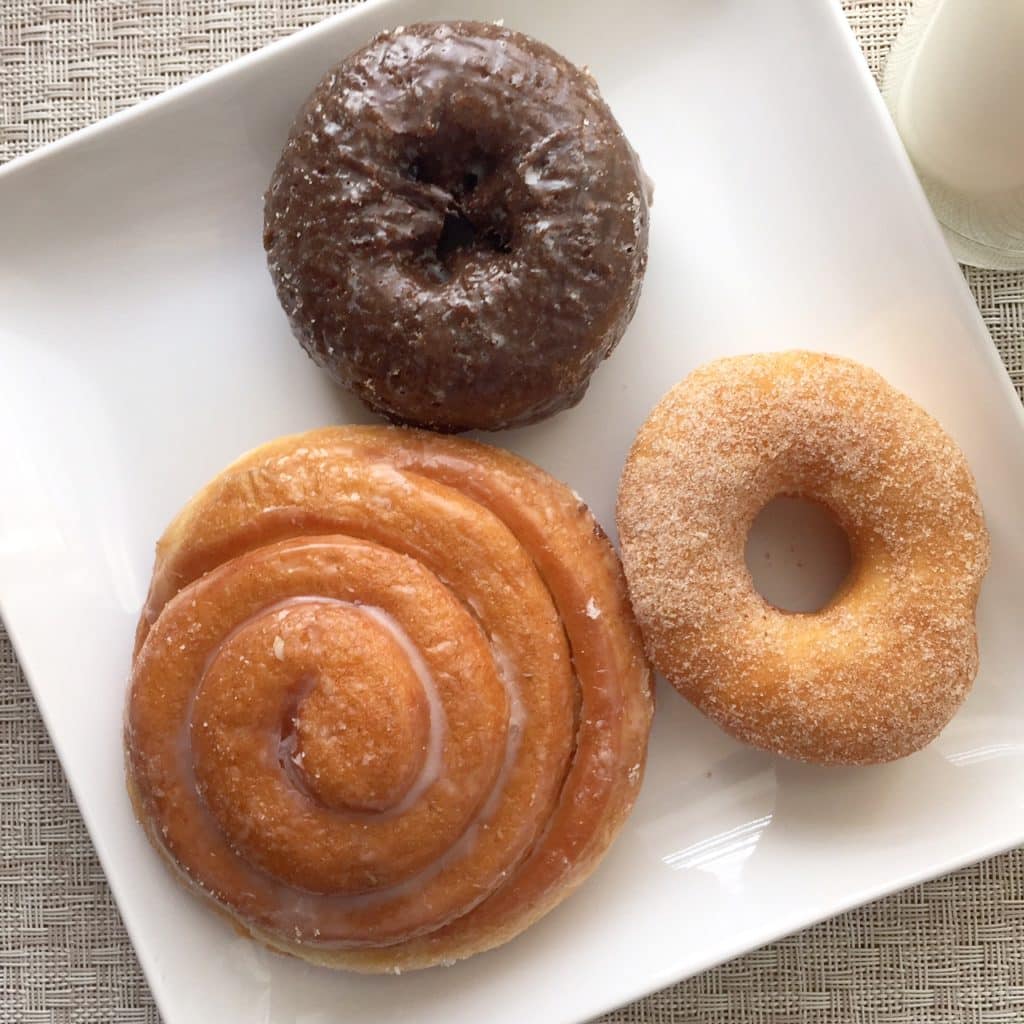Having read recently books like Body Kindness and Health at Every Size, I’ve been thinking more and more about the Weight Set Point Theory. Essentially, the Weight Set Point Theory is that your body wants to be in a certain weight range (and likely not the weight YOU want it to be at). And if you try and manipulate your body to be at a different weight, it will continue to fight back to get back to the weight it wants to be at.

What does this mean? For one, this means that genetics plays a HUGE role in our body weight, shape and size. Also, that the image of an “ideal” body type that the public and media has construed is not realistic for most people. Sure, if you are extremely dedicated with your food intake and your exercise habits, you can likely reach certain weight goals, but will you be able to sustain that weight/size for the long-term? Likely not. Research has found only about 2-5% of people who lose a significant amount of weight are able to keep that weight off long term.
But there’s so much more going on than just willpower. The problem is if your body is not happy being at the {lower} weight, it’s going to continue to fight against you making it very difficult to maintain. This is part of why some people remain thin despite poor food and exercise habits while others eat a very healthy, balanced diet and regularly exercise and still find themselves in a larger body.
One of my favorite RD bloggers, Robyn, wrote a post recently (well two months ago but I swear it wasn’t that long ago!) about the set point weight theory, which I commented on with my own experience. Back in 2009/2010 when I first began exercising regularly, I quickly lost XX pounds. I felt great and decided I wanted to continue losing weight, which I did. I ended up losing XX more pounds (in a weight loss challenge at work) for a total weight loss of XX pounds.
That first XX pounds was super easy to lose – I was not even trying to lose weight, it just happened when I made better food choices and began exercising. I had to work more for the other XX pounds to come off. Towards the end of that weight loss journey, I was counting EVERY calorie I ate and exercising for longer than necessary just to burn more calories. Yes, I was able to reach my weight loss goal, but it was NOT sustainable. Counting calories for the long-term is tedious and makes eating out and social events quite difficult. It also creates a lot of stress when you are constantly thinking about food and what you can/can’t eat.
I am not sure exactly when I stopped counting calories or exercising excessively but slowly over maybe two years, I gained back SOME of the weight I had lost (mainly that last XX pounds). Now, 7-8 years later, I do not count calories and I exercise regularly because I enjoy it but I don’t exercise in order to burn a certain amount of calories. I pretty much eat whatever I want (which yes, is healthier than what I used to eat before I learned about nutrition and became an RD but it’s not perfect by any means), and my weight has remained the same the last several years.
In summary, my weight prior to my weight loss was X. I quickly and easily lost X-XX pounds. I worked hard to lose an additional XX pounds but ultimately my body is happiest at X-XX pounds, not X-XX pounds. Now that I eat a more balanced, healthful diet, my weight has NOT gone back up to X. I have remained around the X-XX weight —> my weight set point!
Another way to determine your weight set point is to go on vacation. I recently went on a 7-day Alaskan cruise for a 12 day total long vacation. When I am on vacation, I tend to eat more than usual and I don’t exercise as much (although often there is a lot of walking, such as last summer’s trip to Europe, but not as much walking on a cruise ship).
In the past, when I went on a couple of cruises (again, prior to my nutrition knowledge and balanced eating habits), I gained XX pounds. When I returned home I was able to easily lose those XX pounds but this time when I went on the cruise I only gained X pounds. And within a few days of being back home in my normal routine, my weight returned back to its usual weight set point.

If you are within your weight set point range, your weight will fluctuate slightly (normal!) but will likely not have big ebbs and flows during times like vacation. If you are under your weight set point range, and you go on vacation and indulge and don’t exercise as much, your weight will likely fluctuate a lot more. This is because your body will use that time to try and get you to your weight set point range, where it is most happy.
Ultimately, my main message for this post is that not everyone is built the same and not everyone will be able to achieve the weight or size they desire. I see this a lot with my nutrition clients and I see how badly they want to lose weight in order to be happier or feel better about themselves. Eating less and exercising more is NOT the answer! It’s likely their mindset and views of what health really means is what needs to be addressed.
I hope this post makes sense. If not, please leave a comment or question below!
If you are interested in nutrition coaching to reject diet culture, release the stress and guilt around food, and make some positive nutrition changes, let’s work together!


such a great post! i went through a similar journey as you…and finally i have grasped the concept of set point theory and it makes so much sense!!!
Yes! Glad to hear it!